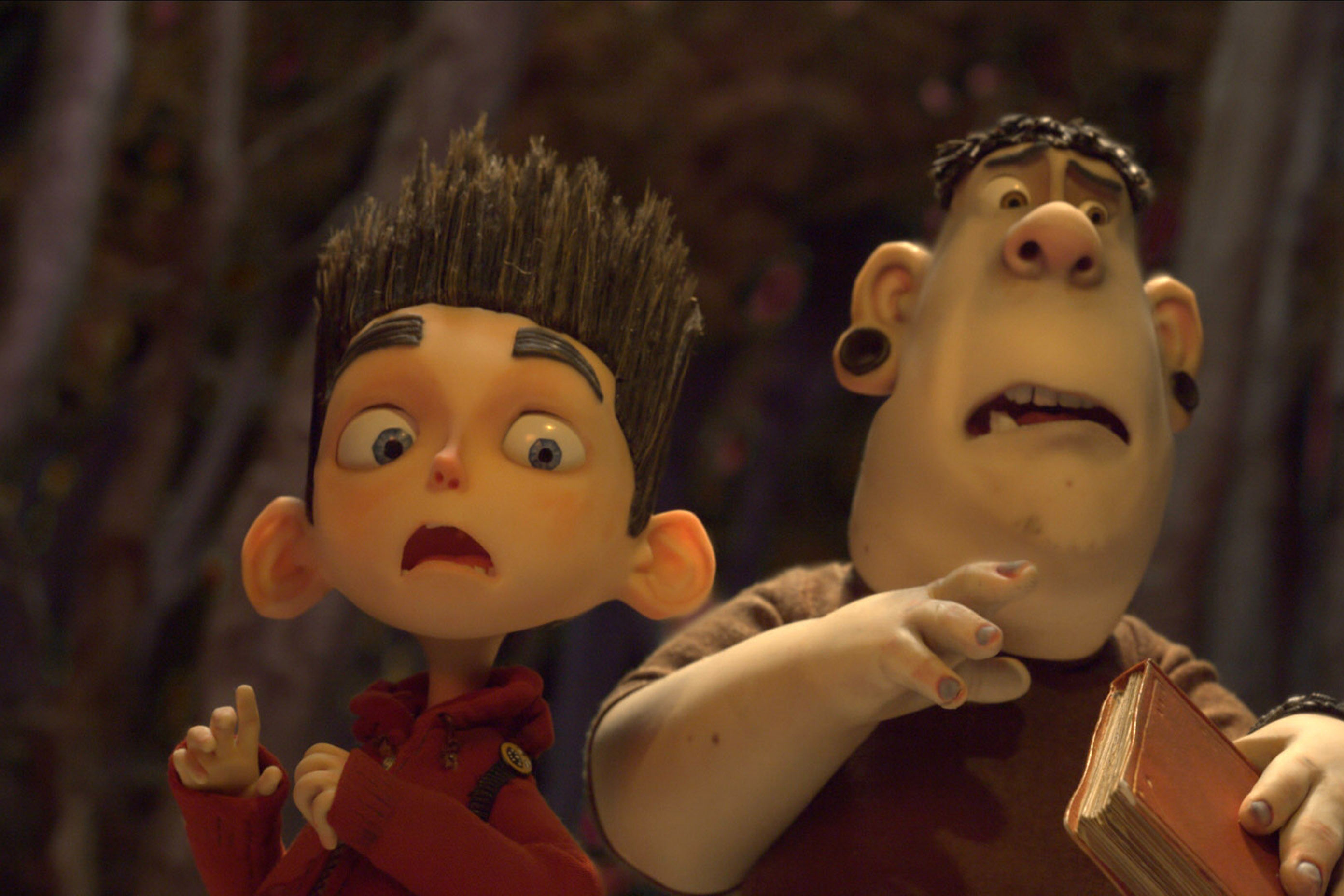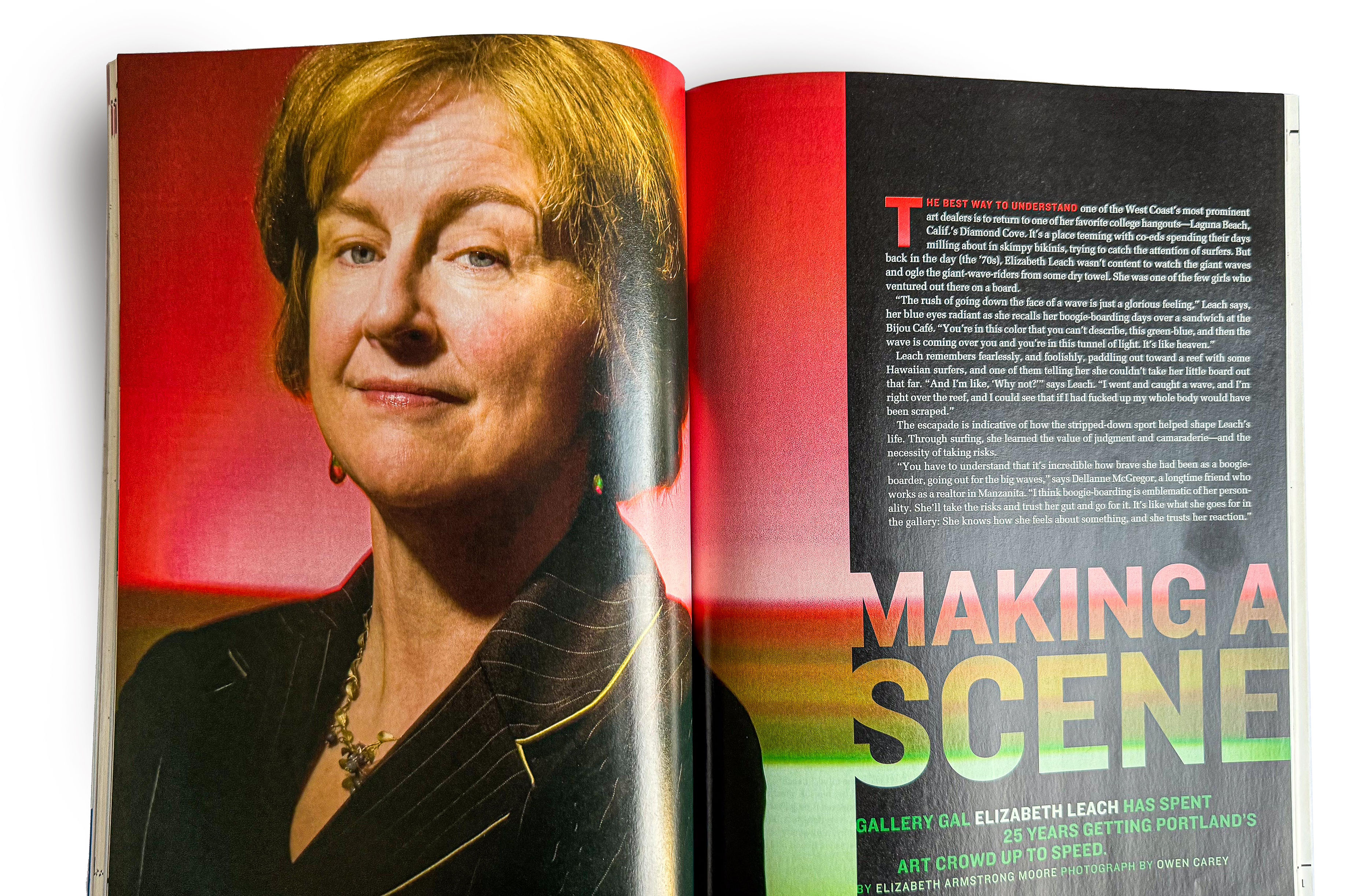5 Essential Northwest Films—According to Steve McQueen, Gus Van Sant, and Others

Image: Brian Breneman
On February 11, the NW Film Center announced the recipients of this year’s Cinema Unbound Awards in advance of the 2021 Portland International Film Festival. The names span from local (Alex Bulkley) to international (Steve McQueen), well-established (Gus Van Sant) to up-and-coming (Garrett Bradley, Mollye Asher), and in their totality, comprise a formidable survey of contemporary cinema.
We caught up with each honoree and asked them the most important cultural question of our time: “What’s your favorite film about the Northwest?” We also chatted about Michaela Coel, David Lynch, and abandoned projects lost to history. Check out each honoree’s picks below, and if you're so inclined, watch them receive their awards in a free live streamed event on March 4, the day before PIFF kicks off in earnest.
Gus Van Sant
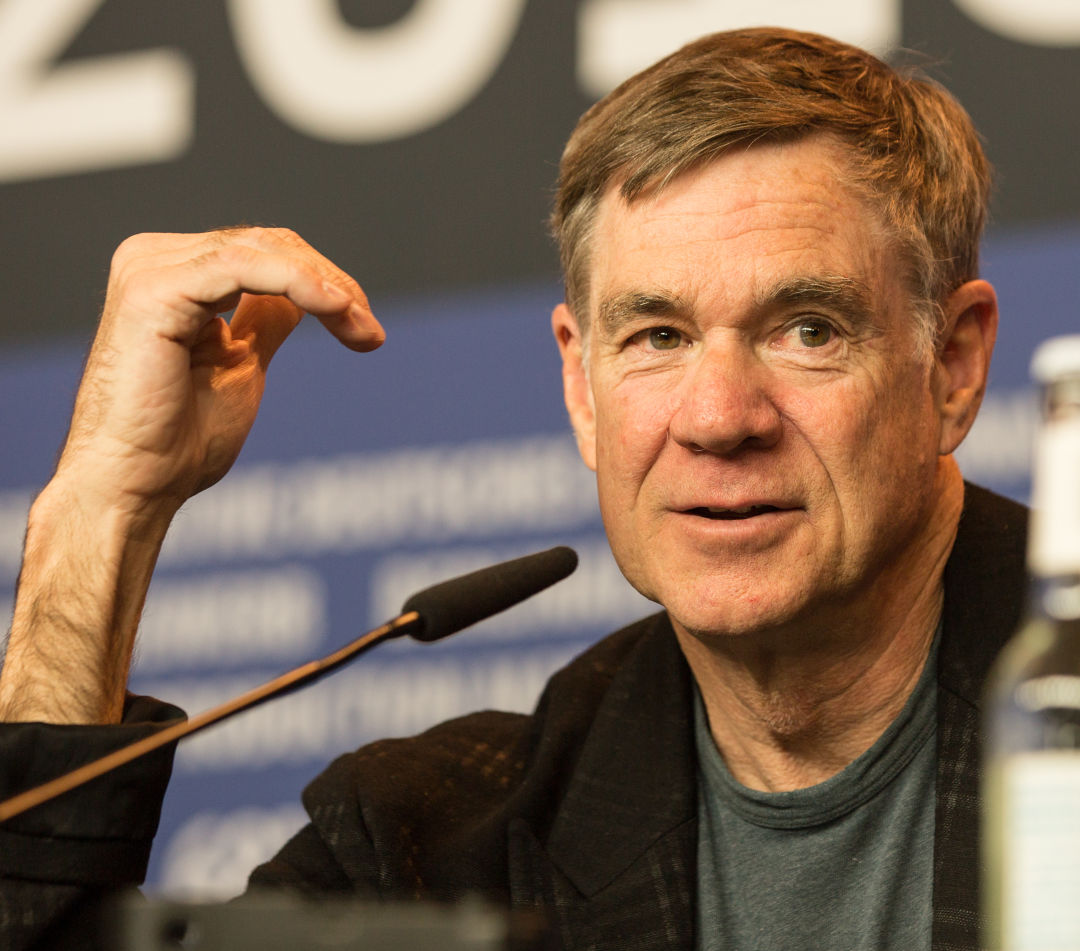
Image: Courtesy NW Film Center
A pioneer of New Queer Cinema and one of Portland’s highest-profile filmmakers, Van Sant is probably the biggest no-brainer of this year’s honorees. (Spoiler alert: two of Van Sant’s fellow recipients picked one of his films for this story.) A trifecta of local legends will present his prize: photographer Paige Powell, with whom Van Sant wrote a never-filmed screenplay about Andy Warhol in the ’90s; Pink Martini founder Thomas Lauderdale, who roped Van Sant into singing for the band in its early days; and poet Walt Curtis, whose memoir Mala Noche became the basis for Van Sant’s breakthrough feature film of the same name.
His Picks: Blue Velvet (1986, dir. David Lynch) and Trouble in Mind (1985, dir. Alan Rudolph)
“Anything made in the Northwest is kind of interesting to me,” Van Sant says. “It’s not like you can say, ‘Oh, it’s another Northwest film.’ There aren’t very many. It’s sort of a forgotten area—or it used to be.” Rudolph’s Seattle-set Trouble in Mind, he says, captures “the rain and the loose relationships that everybody had, in a kind of Robert Altman-esque way.” Blue Velvet, though—which Lynch largely modeled after his time in Spokane—rocked Van Sant’s world. It hit theaters in Seattle a few weeks before it came to Portland, and a friend up north relayed it to Van Sant essentially scene for scene. “I was so excited about it that I drove to Seattle to see it.”
Steve McQueen
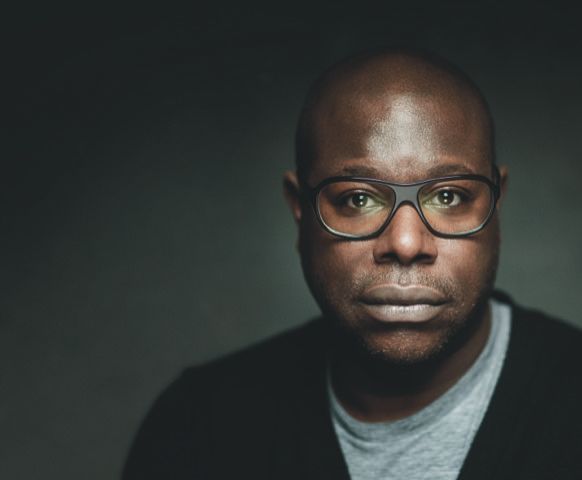
Image: Courtesy NW Film Center
McQueen, the Academy Award-winning director of 12 Years a Slave, Widows, and Shame, says he’s "very chuffed" to be among the year’s honorees. It marks his second run-in with the Portland Art Museum, after PAM showed McQueen's Turner Prize-winning multimedia installation Drumroll in 2016.
When he found out he'd been selected for an award this year, McQueen seized the opportunity to meet a personal hero: Killer of Sheep and To Sleep with Anger director Charles Burnett, who will present McQueen’s prize. McQueen remembers hearing about Killer of Sheep when he was a teenager and struggling to track a copy down. "I actually had to go to BFI, the British Film Institute. That was the only place I could see it because they had a print. So I asked them if they could project it for me—you can actually fill out a form and view prints," he says. "I was totally mesmerized by it. It's a big honor for me to introduced by Charles. He's a master filmmaker. With this award, I was like, 'I would love the opportunity to meet Charles Burnett.' So that was that."
His Pick: First Cow (2020, dir. Kelly Reichardt)
“I saw it over Christmas—unfortunately I saw it on the TV,” McQueen says. "I had low expectations, but I put the DVD in, and it was just mesmerizing. A wonderful poem. A real lyrical poem about these two men just trying to do better for themselves and the environment which they’re in.” He found himself drawn, especially, to the film’s multifaceted focus on food. “I loved that it was about substance. It was about food and this guy who knew how to use the milk from this cow to make these kind of patisseries. I just loved that it was about ... bringing something into the environment that was special, in an environment that seemed very very dull."
Garrett Bradley
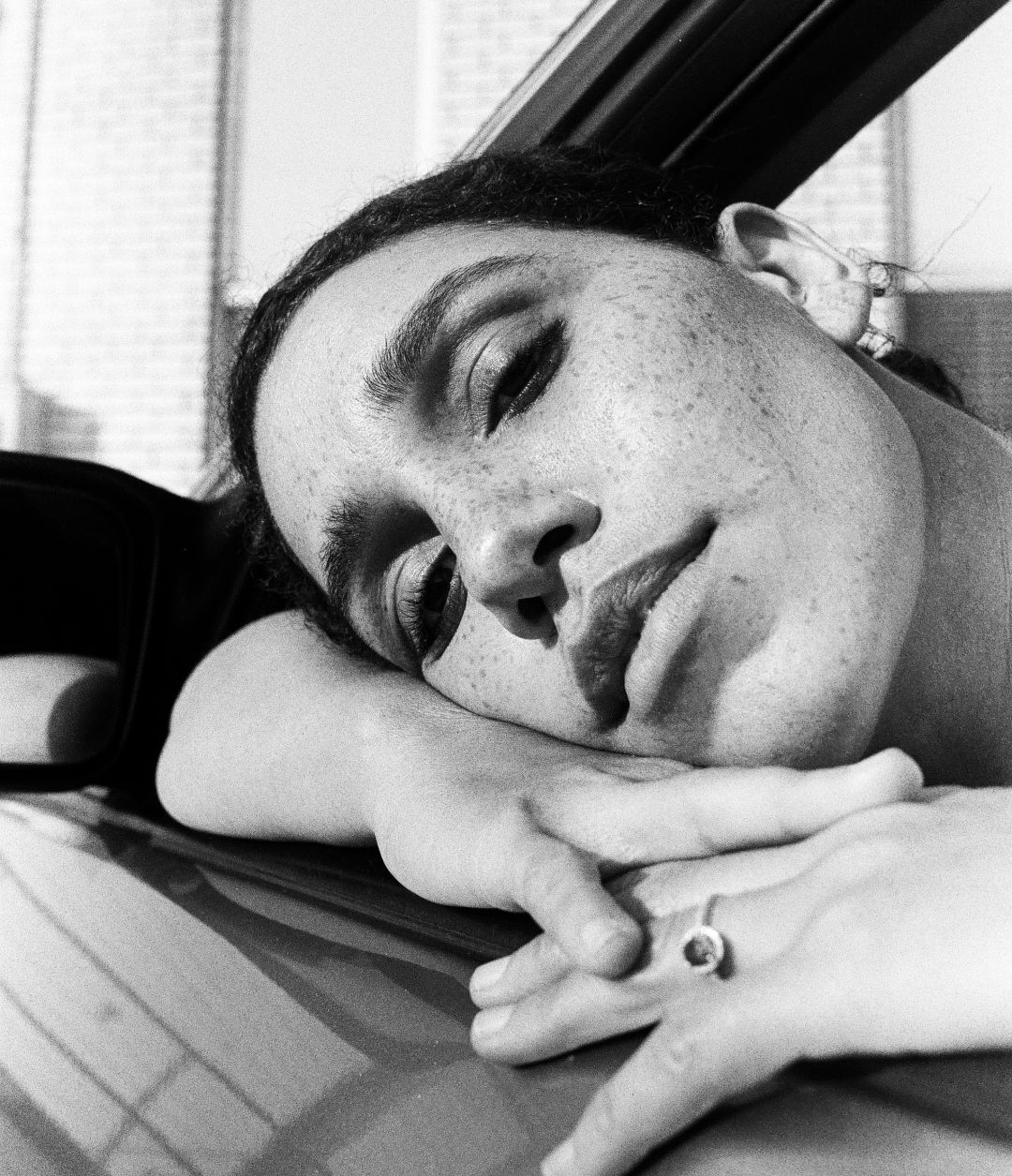
Image: Courtesy NW Film Center
To use a technical term, Bradley—a filmmaker and visual artist—is killing it right now. Her documentary Time premiered at Sundance last year to rapturous acclaim, and she wound up becoming the first Black woman to win the festival's U.S. documentary directing award. (Time is a shoo-in Oscar nom come March 15.) Her short film America is currently on view at MoMA, and her Netflix docuseries about Japanese tennis player Naomi Osaka is in post-production.
Despite the dazzling CV, Bradley says she’s honored to be recognized this year beside the likes of Steve McQueen, who she grew up admiring. "He’s a great example of somebody who can't be bound by any one genre or format," she says. "If you look at the installation work he's done up against something like Widows, for instance, or 12 Years a Slave or [Small Axe], the series he's just come out with, I think all that speaks directly to the fact that he cannot be bound by one singular box."
Her Pick: First Cow (2020, dir. Kelly Reichardt)
Like many filmgoers (including Steve McQueen and this writer), Bradley was ensnared by Reichardt’s tough-and-tender fable about a pair of unlikely entrepreneurs in the 1820 Oregon Territory. “Watching it feels like the act of meditation,” she says. "That's one of my favorite films of the year. It's so beautiful. I would have to put that at the top of my list."
Mollye Asher
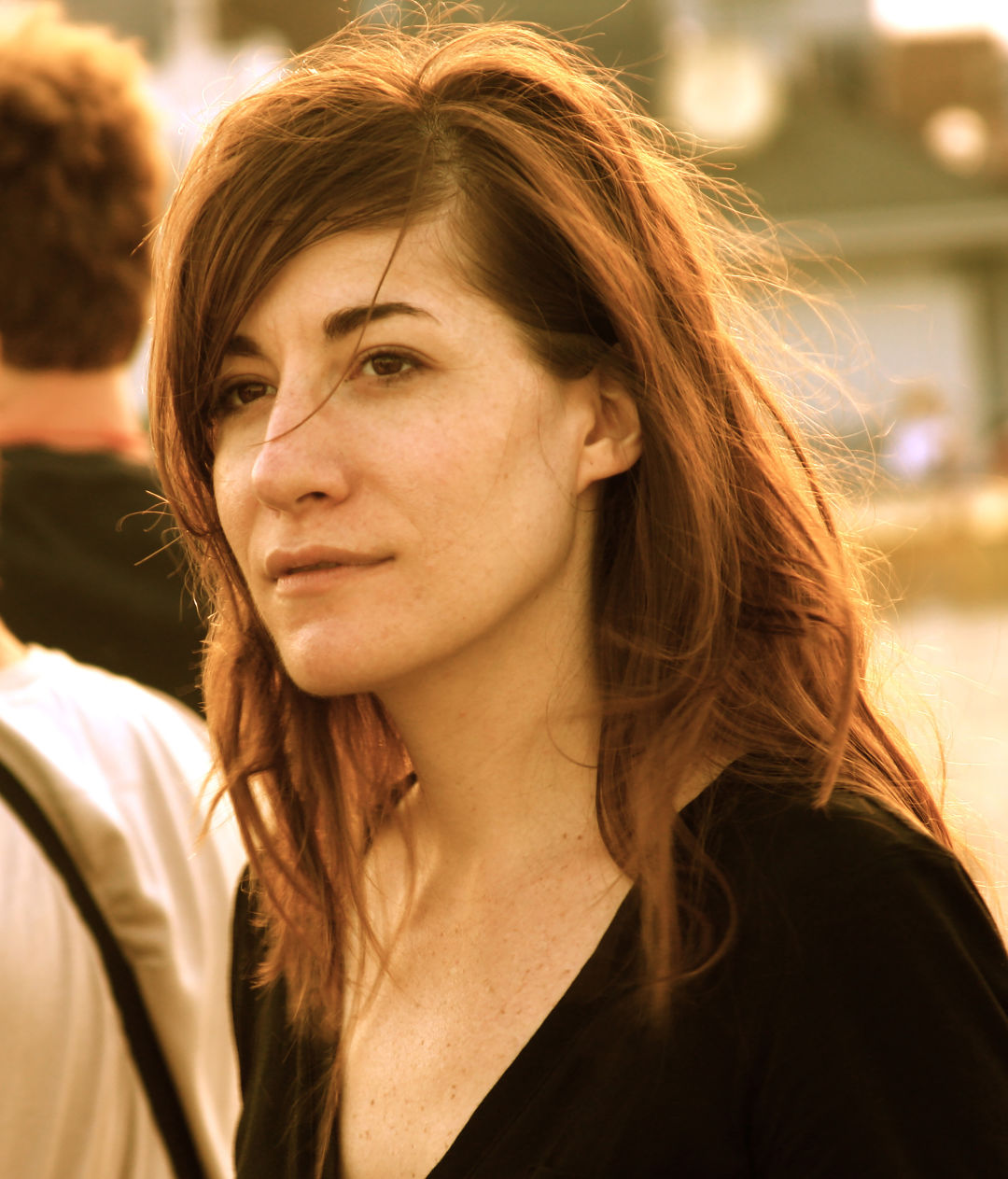
Image: Courtesy NW Film Center
Asher, a film producer with Independent Spirit and Gotham awards under her belt, is in the middle of a full-fledged Oscar campaign for Nomadland, the Best Picture frontrunner she produced for filmmaker Chloé Zhao. It’s the pair’s second film together, after 2017’s The Rider (which won Asher her Gotham).
In the spirit of “Cinema Unbound”—not only the theme of this year’s awards but also a driving philosophy for the NW Film Center under executive director Amy Dotson—we asked Asher who she felt was making truly "unbound" work right now. Her answer? I May Destroy You writer/creator/star Michaela Coel. “In I May Destroy You, she’s telling a story about violation of boundaries by pushing the very boundaries of how to tell a story,” Asher says. "She challenges onscreen depictions of sex, consent, and assault with a singular kind of courage, style, wit, and vulnerability. I think she's truly revolutionary."
Her pick: My Own Private Idaho (1991, dir. Gus Van Sant)
Asher says Van Sant’s loose reimagining of Henry V as a tale of two PNW hustlers “was the first film [she] saw that seemed untethered from telling a story in the ‘normal’ way.” She was drawn to its stylistic mishmash: “Shakespearean dialogue and doc-style interviews. Paradise and tragedy. Embracing all that’s good and broken in the world. It spoke directly to my angsty ’90s heart and opened my eyes to what cinema could really be.”
Alex Bulkley

Image: Courtesy NW Film Center
Bulkley’s animation studio, ShadowMachine, came to Portland in 2015. Its LA arm is responsible for hits like Robot Chicken and BoJack Horseman, and under Bulkley’s eye, Guillermo del Toro is currently in Portland working on his stop-motion Pinocchio for Netflix.
His pick: Drugstore Cowboy (1989, dir. Gus Van Sant)
“That’s easy,” Bulkley says, “and no less meaningful given that it’s by a filmmaker honored this year as well.” The Matt Dillon-starring indie, set on the mean streets of late-’80s Portland, is one of Bulkley’s all-time favorite films. “[It’s] such an incredibly beautiful and poetic blend of character and setting to reinforce story. The Northwest is felt in every frame. And still, to this day, I don’t put hats on the bed!”

